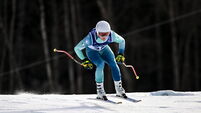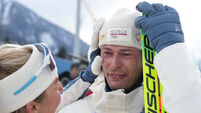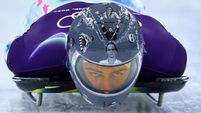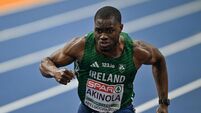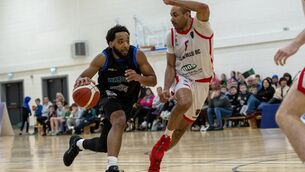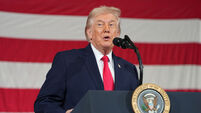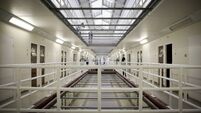How many Olympic medals for Ireland? Eight seems likely. Nine is realistic. Ten is doable
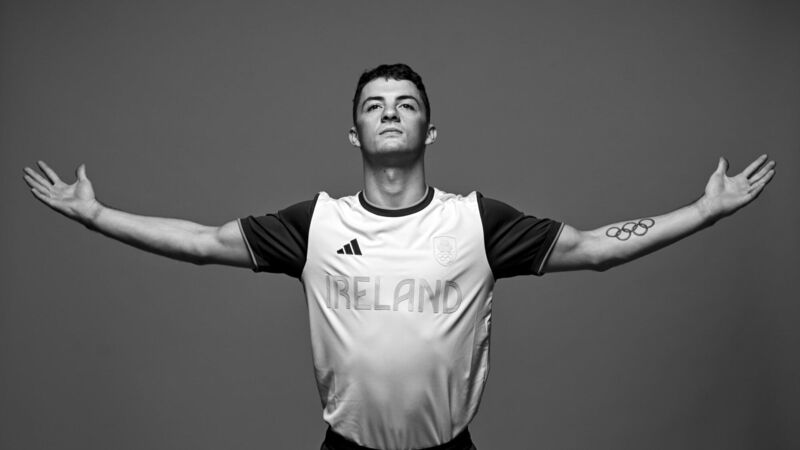
Gymnast Rhys McClenaghan during a Paris 2024 team announcement for gymnastics. Photo by Ramsey Cardy/Sportsfile
Barring disaster – illness, injuries or just plain old bad luck – the die looks cast: Ireland is about to have its best ever Olympics.
Now, this isn’t patriotism or optimism or downright delusion. Throw away the green-tinted lens and cast a cold, objective eye over the depth and diversity of talent in the Irish ranks and one quickly realises that a record medal haul is not just possible, but highly probable.




